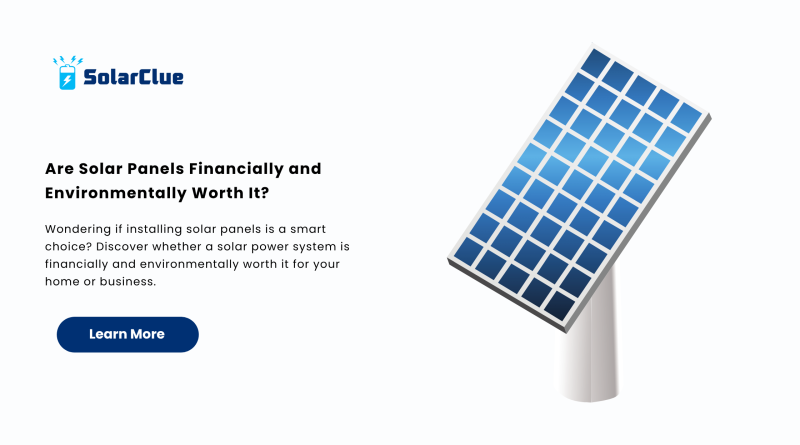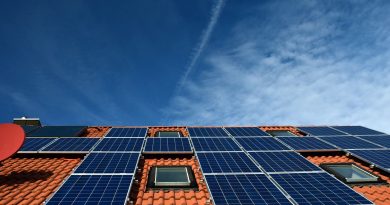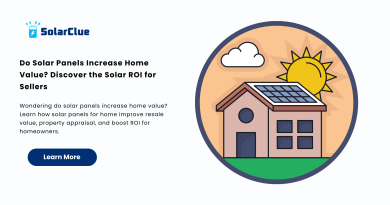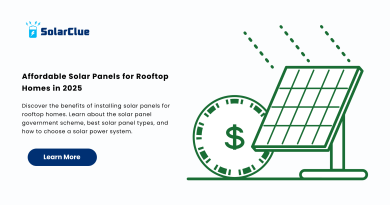Are Solar Panels Financially and Environmentally Worth It?
Switching to solar is a decision that many homeowners and businesses across India are increasingly considering. With rising electricity bills, growing environmental awareness, and falling solar panel prices, the question “Are solar panels financially and environmentally worth it?” is more relevant than ever. In this blog, we’ll break it down clearly—addressing both the financial impact and environmental benefits—to help you make an informed decision.
Table of Contents
What Are Solar Panels?
A solar panel is a device that converts sunlight into electricity using photovoltaic (PV) cells. These panels are installed on rooftops, open lands, or commercial spaces as part of a complete solar power system, which includes inverters, batteries (if required), and wiring. They produce clean, renewable energy and reduce dependency on grid electricity.
Financial Benefits of Solar Panels
1. Lower Electricity Bills
One of the main reasons people invest in a solar panel for home is to cut electricity costs. Once installed, your solar power system will generate free electricity for 25+ years. The savings start immediately and compound over time. Depending on your consumption and location, you can save anywhere from ₹1,000 to ₹7,000 monthly.
2. Return on Investment (ROI)
The upfront cost of a solar panel installation may seem high, but thanks to falling prices, subsidies, and financing options, the payback period is typically between 3 to 6 years. After that, all savings go directly into your pocket. It’s one of the few investments that offer guaranteed long-term returns.
3. Government Subsidies and Incentives
In India, the government provides up to 40% subsidy on solar panel for home installations under the rooftop solar scheme. You can also benefit from net metering, which allows you to earn credits for the excess power you send back to the grid.
4. Increased Property Value
Homes with solar panels are more attractive to buyers and often sell at a premium. Energy-efficient homes are future-proof, and many buyers now look at solar as a desirable feature.
Environmental Benefits of Solar Panels
1. Reduces Carbon Footprint
One solar power system can offset around 20 tonnes of CO₂ over its lifetime. That’s equivalent to planting over 1,000 trees. Choosing solar means choosing a cleaner planet.
2. Reduces Air and Water Pollution
Unlike coal-based power plants, solar panel installation doesn’t release harmful pollutants into the air or consume water for cooling. It’s one of the most environmentally friendly energy sources available.
3. Supports Renewable Energy Growth
Every home or office that installs solar panels contributes to India’s renewable energy targets and reduces reliance on fossil fuels.
Are There Any Downsides?
While the advantages are overwhelming, it’s important to be aware of the potential challenges:
-
Upfront Cost: Though prices have dropped, initial costs are still significant without subsidies or loans.
-
Space Requirements: To install the best solar panel system, you need adequate roof space with minimal shading.
-
Intermittent Production: Solar power depends on sunlight. Without battery storage, night-time or cloudy-day usage still depends on the grid.
Is It Worth It for Everyone?
If you own your home, have consistent electricity usage, and receive good sunlight for most of the year, solar panel installation is definitely worth it. Even renters or apartment dwellers can explore shared or community solar projects.
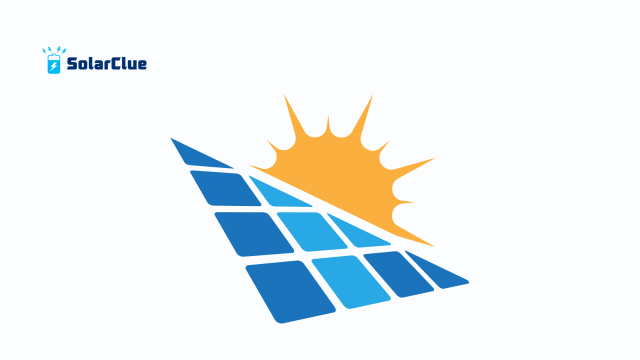
How to Get Started with Solar?
-
Analyze your electricity usage
-
Evaluate roof space and sunlight availability
-
Consult professionals for a site survey
-
Choose the best solar panel brand and installer
-
Apply for subsidies through approved vendors
-
Install, monitor, and enjoy the savings
FAQs
Q1. How much does a solar panel system cost in India?
A basic 1 kW solar power system costs between ₹60,000 to ₹80,000, excluding subsidies. The price varies based on panel type, inverter brand, and installation complexity.
Q2. What is the lifespan of a solar panel?
Most solar panels come with a 25-year performance warranty. With proper maintenance, they can last even longer.
Q3. Which is the best solar panel for home use?
Monocrystalline panels are considered the best solar panel for home use due to higher efficiency, especially in smaller spaces.
Q4. Is solar energy reliable during power cuts?
Grid-tied systems shut down during outages unless combined with battery storage. Hybrid or off-grid systems can provide backup during power cuts.
Q5. How much roof space do I need for a solar panel?
Approximately 100 sq. ft. is needed for a 1 kW system. For a typical home, 3–5 kW is sufficient, requiring 300–500 sq. ft.
Conclusion
So, are solar panels financially and environmentally worth it? Absolutely—if planned properly. They not only reduce your long-term electricity bills but also contribute to a cleaner planet. Whether you’re an eco-conscious homeowner or a business owner looking to cut operating costs, going solar is one of the smartest decisions you can make today.
🌞 Ready to switch to solar and start saving? Visit solarclue.com or explore more expert tips at blog.solarclue.com and begin your solar journey with confidence!

